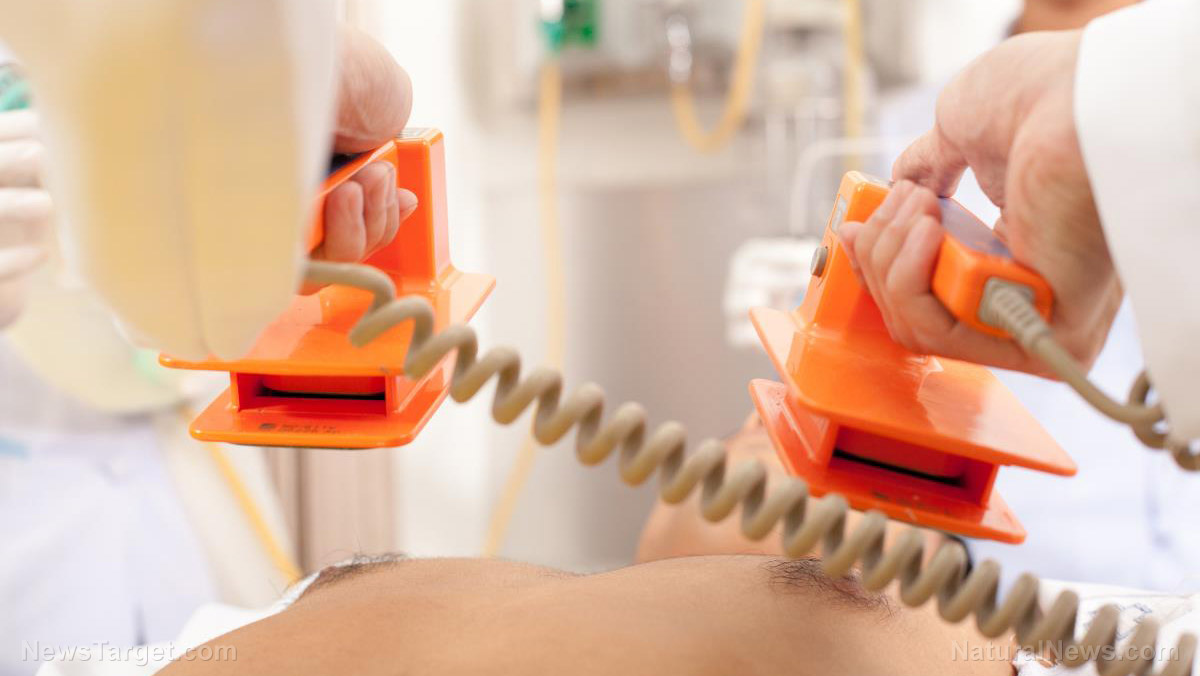HEALTHY WEIGHT: Hair Loss Is Sometimes a Side Effect of Weight Loss
08/16/2016 / By slendernews

Dear Dr. Baskett: I have heard that my hair will fall out after bariatric surgery. Is this true?
(Article by Kathleen Baskett)
This is a common question and one of real concern for many people who are embarking on a weight loss journey — whether it is surgical or nonsurgical weight loss. Why does hair loss occur?
Hair follicles have two stages; the anagen (hair growth) stage and the telogen (inactive) phase. All hairs begin their cycle in the anagen phase, grow for a period of time and then move into the telogen phase, which lasts for about 100 tp 120 days. Then, the hair falls out. This entire process, if sped up, is known as telogen effluvium.
Telogen effluvium is the cause of hair loss in people who are losing weight at a fairly rapid pace. Weight loss is beneficial for those people that are carrying too much weight. Yet, rapid weight loss is a stress to the system. This stress will accelerate the hair growth cycle and telogen effluvium will result. Hair loss after gastric bypass surgery or a rapid nonsurgical weight loss typically occurs within the first three to six months after surgery or significant weight loss. As the body adjusts to the changes, the hair loss will stop. Any lost hair will grow back.
However, if hair loss continues beyond that six-month time frame, nutritional deficiencies are often involved. People who have had gastric bypass surgery and to a lesser degree, adjustable gastric banding are at risk for nutritional deficiencies because of malabsorption of food and nutrients, and the fact that they are taking in less food and are often not taking in all of their needed nutrients. This also applies to people who are “dieting” and restricting important food groups and nutrients from their eating plan.
The nutrients related to hair loss are protein, iron, biotin, zinc, essential fatty acids and vitamin B12. Inadequate protein can result in thinning of the hair, changes in the normal hair growth process, and diffuse hair loss. L-lysine is one of the most important amino acids needed for healthy hair. L-lysine is found primarily in fish, meat, and eggs.
To determine your needed protein intake, take your weight in pounds and multiply by 0.4. This will give you the number of grams of protein you should take in each day.
For example:
- Weight: 250 pounds
- 250 x 0.4 = 100 grams of protein a day
This is a general rule of thumb, but you should always check with your doctor before implementing this degree of protein as the amount may change dependent upon health conditions and medications taken.
Read more at: billingsgazette.com
Tagged Under: hair loss, weight loss




















